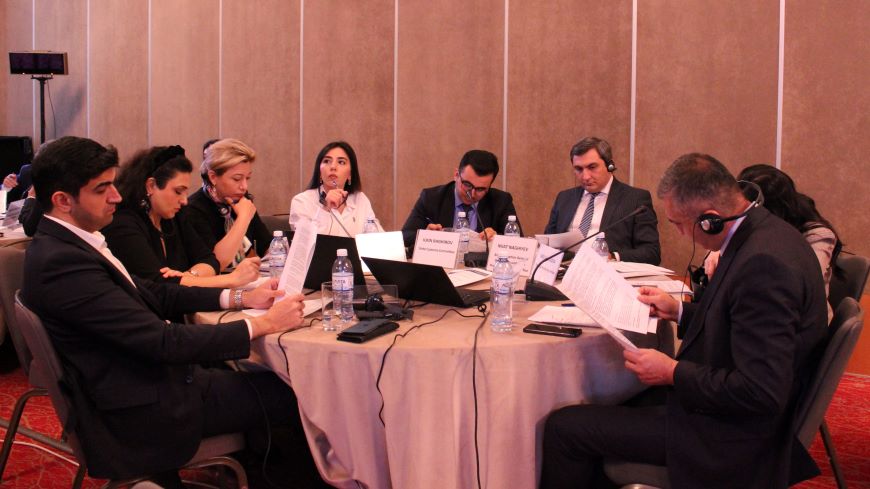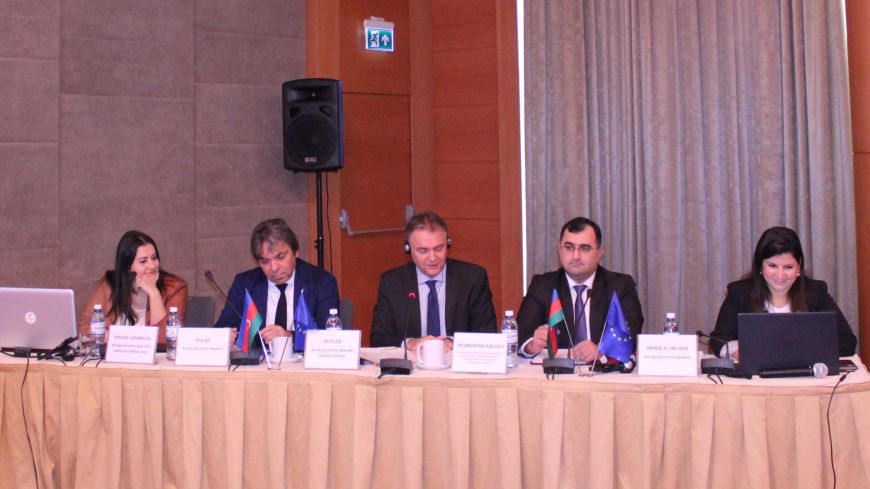The landscape of the traditional financial system continues to change with the rise of crypto assets. This drives the crucial need for further enhancement of the investigation and prosecution against the increasingly sophisticated money laundering schemes employed by criminals to obfuscate the movement of funds. To this effect, the project brought together representatives of law enforcement agencies, judiciary, financial intelligence and central bank practitioners to improve their understanding of new payment methods, and investigative techniques which can help to deter future crypto-enabled crimes and virtual assets-based money laundering.
The training featured major essential components such as the legislative framework and regulatory environment of virtual currencies and virtual asset service providers, identification of money trails, recovery of assets hidden in cryptocurrencies or other digital cards, interagency cooperation to prevent criminal abuse of new payment methods, importance of cross-border investigations and mutual legal assistance. It also provided an open forum to discuss and exchange views on legal and ethical constraints in dark web investigation.
The training also shared good practices for blockchain analysis to identify cryptocurrency money trails as a starting stage of investigation. It also highlighted the importance of promoting public-private partnership as a platform for exchanging information in tackling crypto-enabled crimes.
The practical exercises depicting money laundering cases involving the use of new payment technologies were designed in a way that the delegates had to take a multi-faceted approach, ensure multi-agency coordination and employ different investigative techniques, including open-source research.
The utmost goal of the training was to enhance national capacities to safeguard and fight against the growing misuse of new payment technologies which pose significant money laundering and terrorist financing risks globally.
This event is part of the European Union and the Council of Europe joint programme “Partnership for Good Governance”, co-funded by the European Union and the Council of Europe, and implemented by the Council of Europe, in the framework of the project on “Preventing and fighting economic crime in Azerbaijan”.




